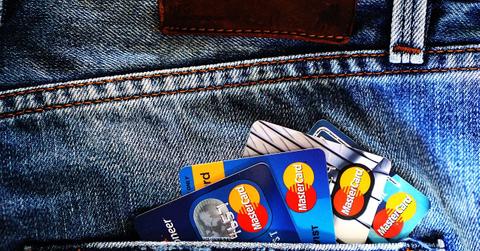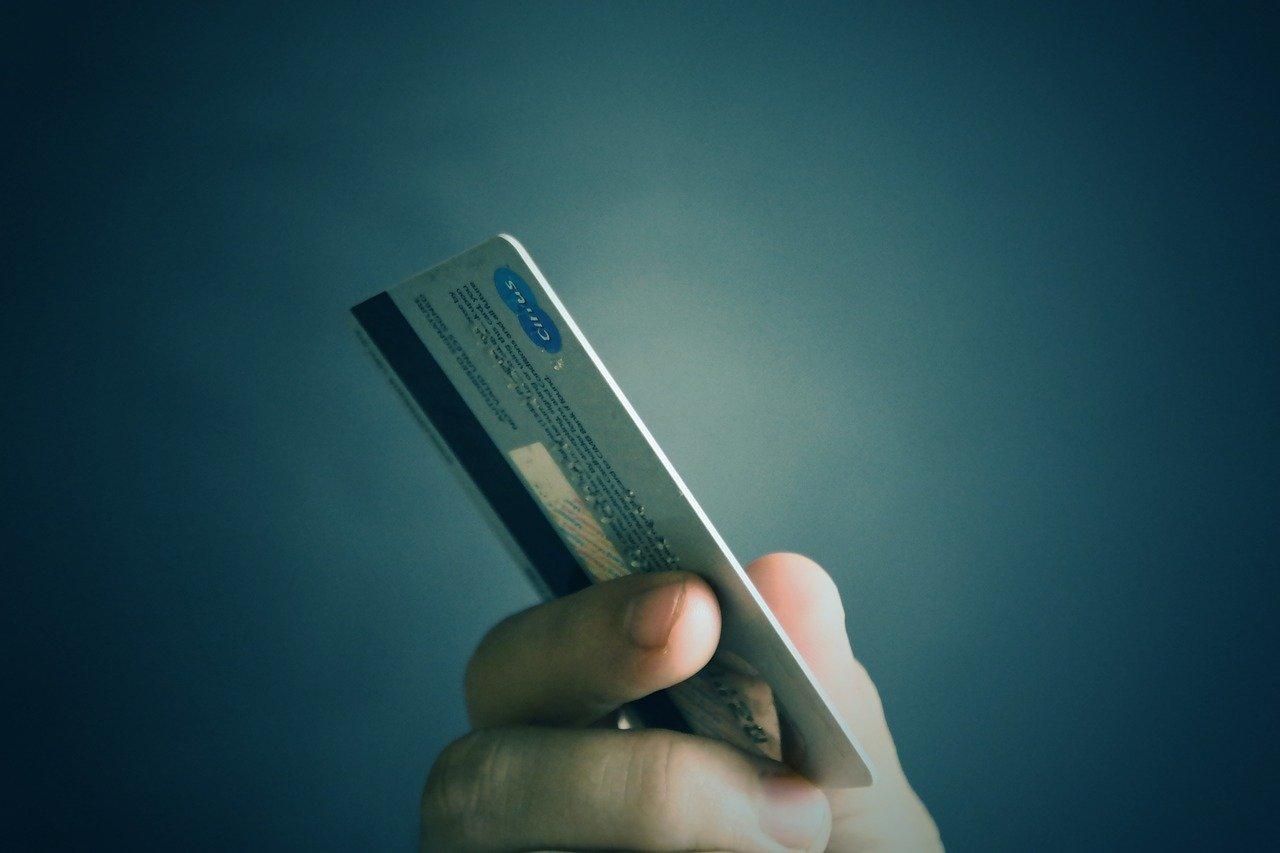What Happens If You End Up Maxing Out a Credit Card?
Credit cards have become a handy tool to manage your finances. However, it's important to use credit cards in a prudent way. What happens if you max out a credit card?
Sept. 24 2021, Published 11:33 a.m. ET

Many financial experts fall on opposite sides of the credit card debate. The truth is that credit cards have become a handy tool for managing your finances. However, there are consequences if a credit card is overused and you end up maxing out your credit card limit. What happens if you max out a credit card?
In general, credit card use isn't bad for your personal finances—but only if you use cards wisely. It’s important to know yourself when deciding on credit card use.
What does maxing out a credit card means?
Every credit card user has a credit limit, which represents the maximum amount of money they can access. Maxing out a credit card means you have reached or even tried to exceed the credit limit on your card. For example, if $1,000 is the limit of your credit card and you have spent $1,000 or more through your card, by definition, you have maxed out your card.

What happens if you max out a credit card?
After you max out your card, there could be a variety of consequences. First, you won't be allowed to charge anything else to the card. If you max out your card and don’t pay the balance before finance charges are applied to it, you could be charged a high amount of interest, unless you have a 0 percent APR card. Depending on your issuer and the terms of your card contract, you might face additional fees for exceeding your limit. In some cases, your credit score might drop.
Does maxing out a credit card impact your credit score?
If you make the credit card payment before the statement closes, credit issuers won’t report them to credit bureaus. Otherwise, maxing out a credit card does impact your credit score. With you charging up to your credit limit, your credit utilization rate or debt-to-credit ratio increases. This causes your credit score to drop. The card issuer usually reports your account to the credit card bureaus on your account statement closing date.
Nearly one-third of your credit score is based on how much of your available credit is being used. Therefore, maxing out your credit card will harm your credit score. Experts suggest that you keep your credit utilization rate below 30 percent if you don’t want any negative impact on your credit score.

What to do if you max out a credit card
If you max out your credit card, you should pay off your credit card balance as soon as possible. If the coronavirus pandemic has been the reason for a job loss or reduced working hours and you have maxed out the credit card, you can let your card issuer know. Major card issuers like American Express, Chase, and Bank of America are offering assistance to their members who have been financially burdened by the coronavirus pandemic.
If you have a good credit score, you should consider asking for an increase in your credit limit. With a good credit score, you might also be eligible to transfer debt from your maxed-out credit card to one with a lower APR from a different card issuer. A good balance transfer card usually doesn't have an annual fee and a 0 percent introductory APR.
It's always a good idea to keep a regular tab on your card usage so you know your balance and credit limit at all times.
